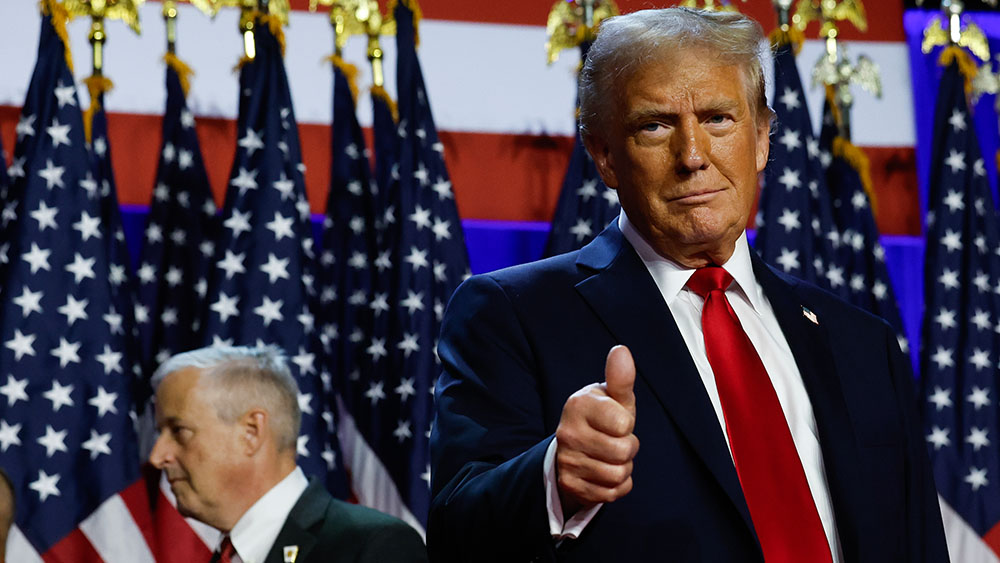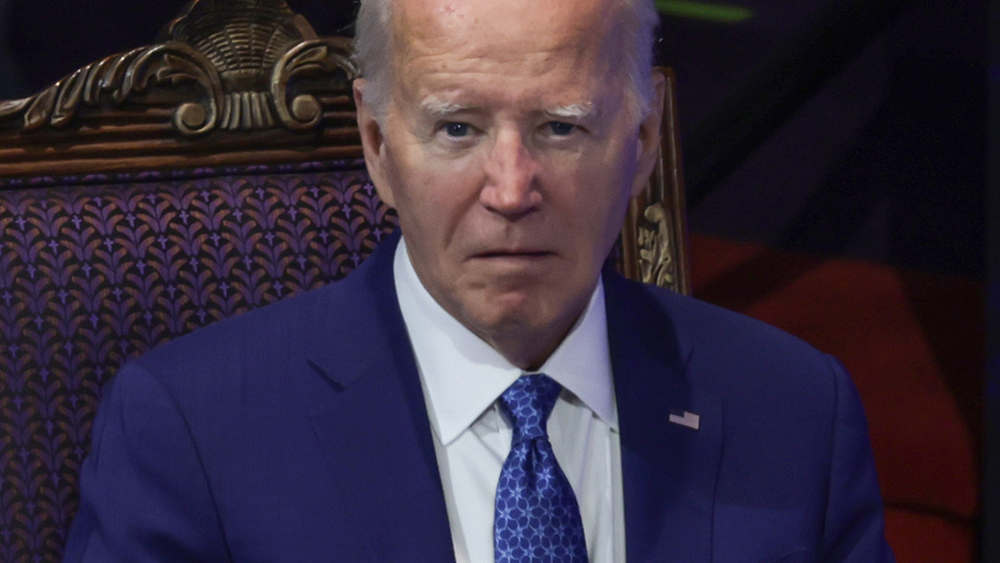 Parler
Parler Gab
Gab
If you’re a working journalist and you believe that Donald J. Trump is a demagogue playing to the nation’s worst racist and nationalistic tendencies, that he cozies up to anti-American dictators and that he would be dangerous with control of United States nuclear codes, how the heck are you supposed to cover him?Rutenberg answered his own question: “throw out the textbook [that] American journalism has been using for the better part of a half-century.” Author and former CIA analyst Martin Gurri calls Rutenberg’s incitement a “leap vigorously into advocacy. Trump could not safely be covered; he had to be opposed.” Journalists were now staunch allies of the powers that be -- the White House, the FBI, the CIA, the DoJ, all the other branches of the federal bureaucracy. In the old days they fondly told themselves that their mission was “to afflict the comfortable and comfort the afflicted,” now it’s comforting the comfortable. No less a press luminary than Dean Baquet, then the executive editor of the New York Times, essentially blessed the new zeitgeist half a year later. That’s when former U.S. Attorney General Robert Mueller came out of retirement to head the investigation into Trump’s alleged collusion with Russia for help in getting himself elected. Gurri estimated that within a two-year period the Times alone devoted more than 3,000 articles to the Russia, Russia, Russia story. The Times and the Washington Post both were garlanded with Pulitzer Prizes. It was, said Gurri, “the first sustained excursion into post-journalism by the American news media, led every step of the way by the New York Times.” But that was then, and this is now. It’s seven years later with a further plunge in media credibility. It shouldn’t be surprising, then, that cracks -- significant cracks -- have appeared in the post-journalism regime. Most shocking to uniformly left-wing newsroom personnel were the decisions, first by the Los Angeles Times and then the New York Times, to refrain from endorsing Kamala Harris for president, as expected. Both papers saw instant staff resignations and many thousands of subscription cancellations. That, however, did not stop Jeff Bezos, owner of the WaPo since 2013 and generally regarded as a liberal in his political leanings, from reading the riot act to his employees. The headline over his column on the WaPo’s op-ed page was startling enough: “The hard truth: Americans don’t trust the news media.” Under it he wrote:
In the annual public surveys about trust and reputation, journalists and the media have regularly fallen near the very bottom, often just above Congress. But in this year’s Gallup poll, we have managed to fall below Congress. Our profession is now the least trusted of all. Something we are doing is clearly not working.He would not allow his paper, which lost $77 million in 2023 and is heading toward a $100 million loss this year, “to stay on autopilot and fade into irrelevance... not without a fight.” Bezos analogized the role of news reporting to voting machines. Like them, he said:
We must be accurate, and we must be believed to be accurate. It’s a bitter pill to swallow, but we are failing on [that] requirement. Most people believe the media is biased. Anyone who doesn’t see this is paying scant attention to reality, and those who fight reality lose.If that wasn’t enough of a wake-up call, along came Patrick Soon-Shiong, owner of the Los Angeles Times. He announced he is reconstituting the paper’s editorial board, which includes getting rid of a number of “very left” members. Soon-Shiong explained he is “committed to creating a more balanced and diverse editorial voice, with the hope of better reflecting the political landscape of the United States.” He added, “the new editorial board will work to offer perspectives across the political spectrum, aiming to foster a broader conversation within the paper’s pages.” Do these smacks upside the head to the media establishment portend any lasting changes? Given recent perusals of the WaPo and the Times, it doesn’t look like it. Bezos and Soon-Shiong, after all, are mere business tycoons. What do they know about the blessed profession of journalism? The old Hollywood image of the gruff, rumpled, streetwise newshound, the Pat O’Brien type, is long gone. Many reporters and editors in the legacy media today are degreed idealogues. Their mission is not so much to inform as it is to instill proper thoughts in people’s minds. Along came the digital age to upset all that, like the asteroid strike that doomed the dinosaurs. The basic dynamic of the news business, as Martin Gurri tells us in his City Journal article, has been decidedly and permanently turned on its head. Originally it was a means of selling audiences to advertisers; now it’s advertisers chasing audiences. Those audiences have a million alternative information sources at their fingertips now. If modern journalism continues to see its role as deciding which facts the public shouldn’t see for fear of hurting Democrats, its credibility hasn’t hit rock bottom yet. Read more at: AmericanThinker.com
JUSTICE: Fani Willis FINALLY removed from Trump Georgia election case
By Willow Tohi // Share
Bird flu panic: Is California’s state of emergency overhyped?
By Cassie B. // Share
By Arsenio Toledo // Share
El Salvador to continue purchasing Bitcoin despite agreement with IMF to scale back crypto policy
By Arsenio Toledo // Share
FDA’s failure to act leaves Americans at risk from recalled drugs
By Cassie B. // Share
Governments continue to obscure COVID-19 vaccine data amid rising concerns over excess deaths
By patricklewis // Share
Tech giant Microsoft backs EXTINCTION with its support of carbon capture programs
By ramontomeydw // Share
Germany to resume arms exports to Israel despite repeated ceasefire violations
By isabelle // Share










